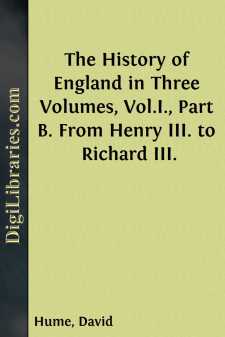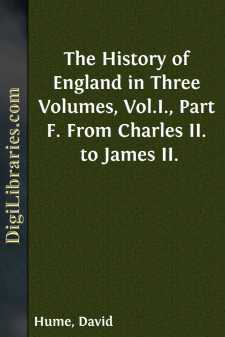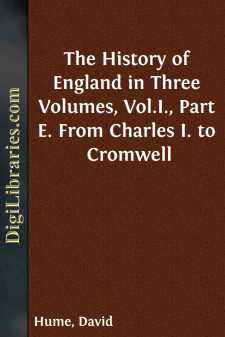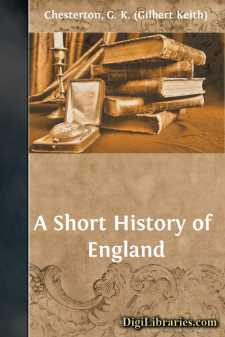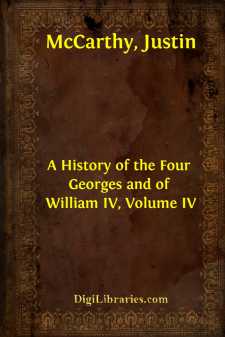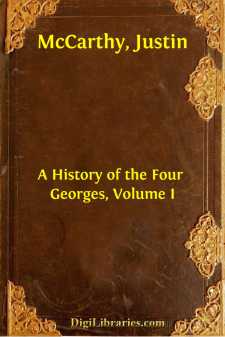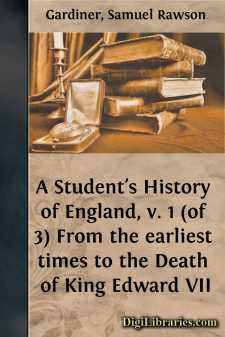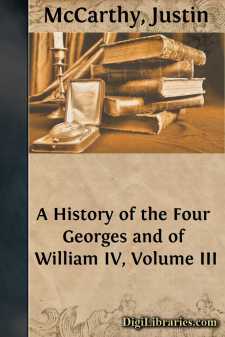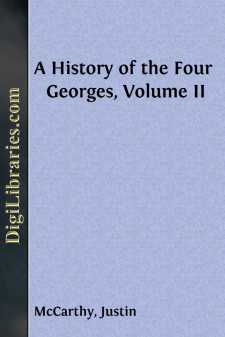Categories
- Antiques & Collectibles 13
- Architecture 36
- Art 48
- Bibles 22
- Biography & Autobiography 813
- Body, Mind & Spirit 142
- Business & Economics 28
- Children's Books 13
- Children's Fiction 10
- Computers 4
- Cooking 94
- Crafts & Hobbies 4
- Drama 346
- Education 46
- Family & Relationships 57
- Fiction 11828
- Games 19
- Gardening 17
- Health & Fitness 34
- History 1377
- House & Home 1
- Humor 147
- Juvenile Fiction 1873
- Juvenile Nonfiction 202
- Language Arts & Disciplines 88
- Law 16
- Literary Collections 686
- Literary Criticism 179
- Mathematics 13
- Medical 41
- Music 40
- Nature 179
- Non-Classifiable 1768
- Performing Arts 7
- Periodicals 1453
- Philosophy 64
- Photography 2
- Poetry 896
- Political Science 203
- Psychology 42
- Reference 154
- Religion 513
- Science 126
- Self-Help 84
- Social Science 81
- Sports & Recreation 34
- Study Aids 3
- Technology & Engineering 59
- Transportation 23
- Travel 463
- True Crime 29
Sort by:
by:
David Hume
The bishop of Valence, a prelate of the house of Savoy, and maternal uncle to the queen, was his chief minister, and employed every art to amass wealth for himself and his relations. Peter of Savoy, a brother of the same family, was invested in the honor of Richmond, and received the rich wardship of Earl Warrenne; Boniface of Savoy was promoted to the see of Canterbury: many young ladies were invited...
more...
by:
David Hume
An act was passed for the security of the king's person and government. To intend or devise the king's imprisonment, or bodily harm, or deposition, or levying war against him, was declared, during the lifetime of his present majesty, to be high treason. To affirm him to be a Papist or heretic, or to endeavor by speech or writing to alienate his subjects' affections from him; these...
more...
by:
David Hume
The ill humor of the commons, thus wantonly irritated by the court, and finding no gratification in the legal impeachment of Buckingham, sought other objects on which it might exert itself. The never-failing cry of Popery here served them in stead. They again claimed the execution of the penal laws against Catholics; and they presented to the king a list of persons intrusted with offices, most of them...
more...
INTRODUCTION It will be very reasonably asked why I should consent, though upon a sort of challenge, to write even a popular essay in English history, who make no pretence to particular scholarship and am merely a member of the public. The answer is that I know just enough to know one thing: that a history from the standpoint of a member of the public has not been written. What we call the popular...
more...
by:
Justin McCarthy
"OPENS AMID ILL OMENS." The closest student of history would find it hard indeed to turn to the account of any other royal reign which opened under conditions so peculiar and so unpropitious as those which accompanied the succession of George the Fourth to the English throne. Even in the pages of Gibbon one might look in vain for the story of a reign thus singularly darkened in its earliest...
more...
by:
Justin McCarthy
CHAPTER I. "MORE, ALAS! THAN THE QUEEN'S LIFE!" "The Queen is pretty well," Swift wrote to Lord Peterborough on May 18, 1714, "at present, but the least disorder she has puts all in alarm." Swift goes on to tell his correspondent that "when it is over we act as if she were immortal; neither is it possible to persuade people to make any preparations against an evil...
more...
The present work is intended for such students as have already an elementary knowledge of the main facts of English history, and aims at meeting their needs by the use of plain language on the one hand, and by the avoidance, on the other hand, of that multiplicity of details which is apt to overburden the memory. At the close of the book I have treated the last eleven years, 1874 to 1885, in a manner...
more...
by:
Justin McCarthy
"SUPREME IRONIC PROCESSION." For six and forty years England had been ruled by German princes. One Elector of Hanover named George had been succeeded by another Elector of Hanover named George, and George the First and George the Second, George the father and George the son, resembled each other in being by nature German rather than English, and by inclination Electors of Hanover rather than...
more...
by:
Justin McCarthy
BOLINGBROKE ROUTED AGAIN. While "the King's friends" and the Patriots, otherwise the Court party and the country party, were speech-making and pamphleteering, one of the greatest English pamphleteers, who was also one of the masters of English fiction, passed quietly out of existence. On April 24, 1731, Daniel Defoe died. It does not belong to the business of this history to narrate the...
more...


